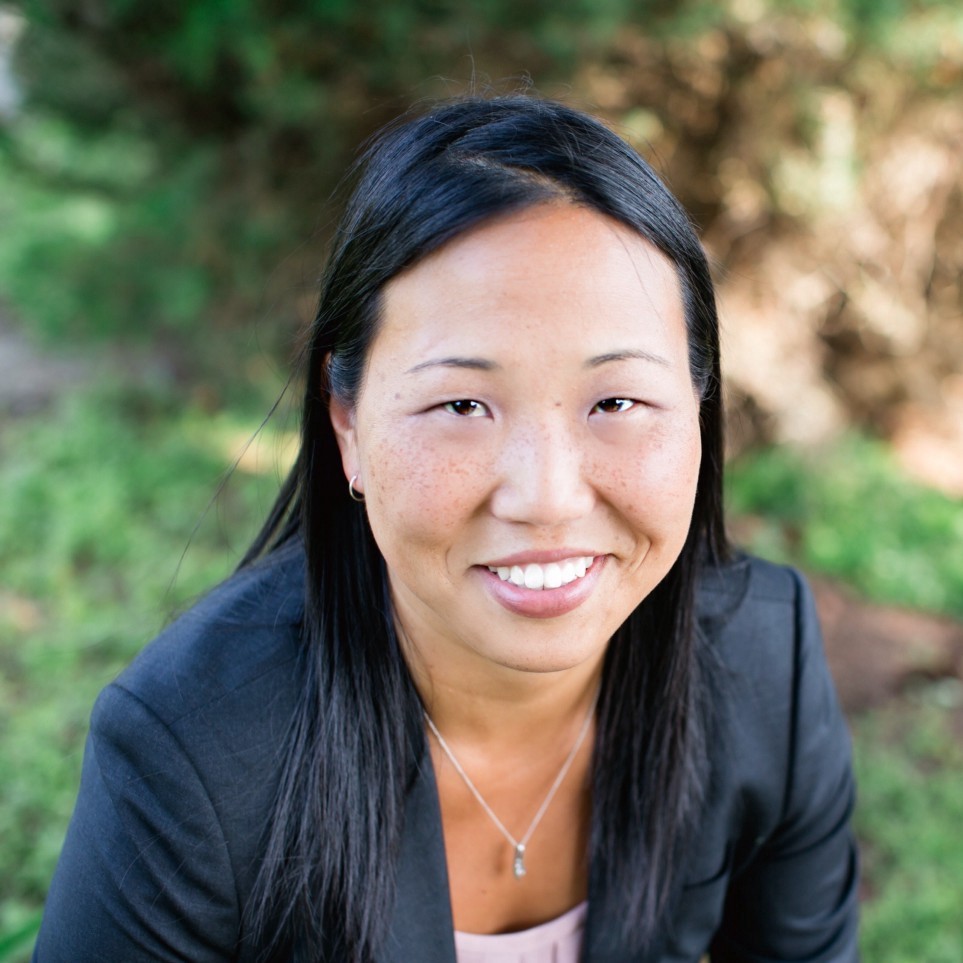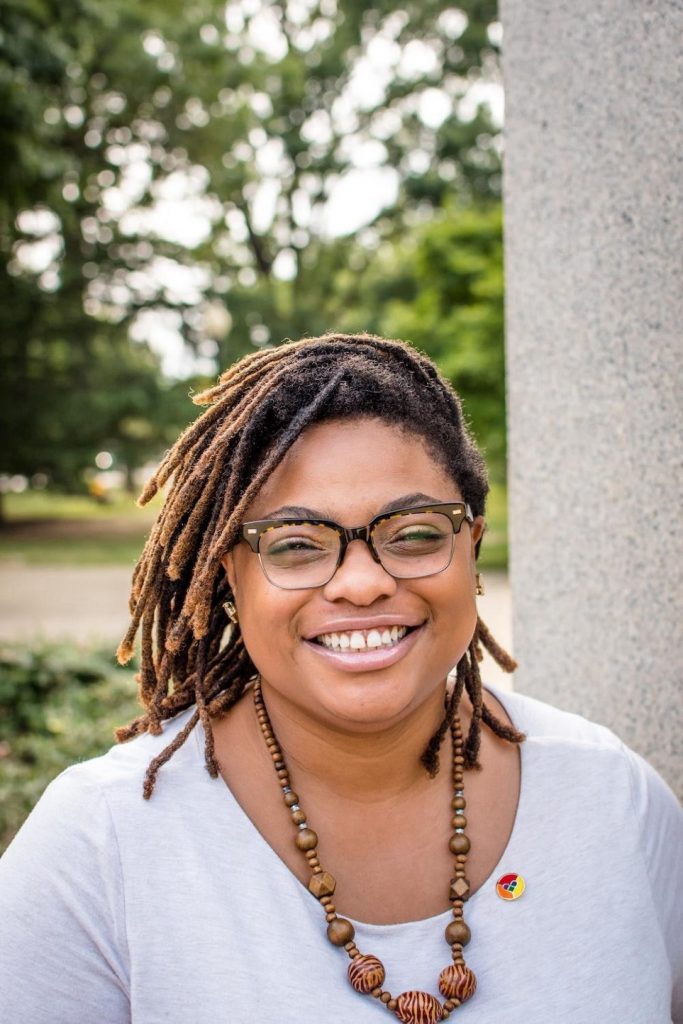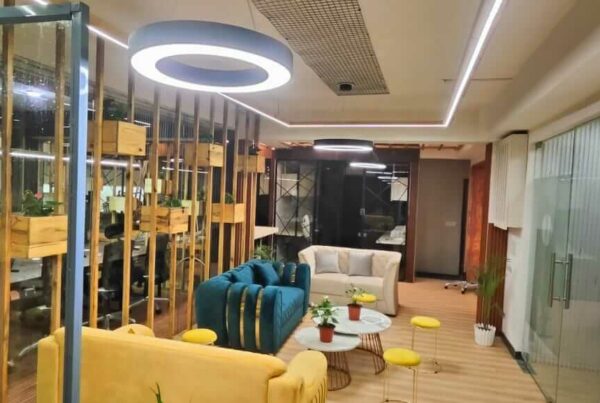Nowadays, decent variety and value are at the bleeding edge of individuals’ psyches — particularly with regards to a business enterprise.
Around the globe, spaces are springing up where ladies and minority authors can associate with refining, ideate, and execute their thoughts. From quickening agents and hatcheries to particular blessed messenger gatherings, it at times feels like there has never been such a promising time to be a minority author. However, the numbers recount to an alternate story.
Similarly, as with numerous different ventures, insights keep on demonstrating that entrance to the business person space is still inconceivably uneven, with white men accepting more financing than some other statistic. Firms like Backstage Capital have referred to that as meagre as 10% of all funding arrangements really go to ladies, minorities, and LGBTQ originators. Today, sexism, prejudice, and homophobia — and oblivious predisposition — keep on plaguing the startup biological system and hindrance numerous business people, especially with regards to pivotal beginning time financing. Furthermore, for individuals from the LGBTQ people group, a laden inquiry emerges: is it a smart thought to turned out while raising capital?
As indicated by an ongoing report from StartOut, a philanthropic association serving LGBTQ business visionaries and organizations, 37% of LGBTQ authors remain closeted while raising capital. And keeping in mind that there is proof to propose that financial specialists esteem receptiveness as a major aspect of a sound business visionary speculator relationship, for some LGBTQ organizers, remaining closeted can appear to be a more secure wagered. Regardless of this reality, there are some LGBTQ business people who will not conceal their identity.

Laura Clise, Intentionalist
Laura Clise is the organizer and CEO of Intentionalist, an online manual for little, various organizations that looks to inspire networks and empower deliberate spending. Clise propelled her idea in late 2017 and is quickly developing both private company and buyer commitment, incorporating a pilot with 14 Seattle-based organizations and philanthropies. Until this point in time, the business has been subsidized by Clise’s investment funds and a crowdfunding effort that raised $37,000.
As of now, Clise is getting ready for a pre-seed round that will target sway speculators, and however her personality has emphatically affected her way to deal with business, she knows about the manners by which it could likewise influence her capacity to raise capital. “As a lady of shading and a lesbian, I am totally discerning of what the information says about the difficulties I will confront with regards to raising capital,” Clise tells Supermaker, including that she has confronted some as of now. “There has as a matter of fact been times all through my profession when I held on to uncover my personality — circumstances where it felt like my sexual direction may some way or another be one contrast too much.”
Yiliu Shen-Burke likewise comprehends the fluctuating access and opportunity that is stood to individuals from minority foundations. He is right now raising a pre-seed round for his organization, Softspace, a virtual task space for creatives, and has been open about his sexuality. “Business connections, similar to all connections, are based on trust. My strategy is to be as open as could reasonably be expected, as right on time as would be prudent,” Shen-Burke tells Supermaker, adding that he will in general turn out as ahead of schedule and coolly as could be expected under the circumstances, for the most part by referencing his beau. “In the event that my identity will be an issue for somebody, I need to realize that before bunches are tied and dollars wired.”
As an Asian, gay author, Shen-Burke concedes he hasn’t keep running toward numerous barriers identified with his sexual personality. Shen-Burke says that his encounters as a gay man don’t come close to the difficulties looked by non-male originators, especially the individuals who are not white or Asian. “I recognize that as an Asian male working in tech, I’m unreasonably special with respect to such huge numbers of other individuals,” he says.

Sonya Fox, Vurde
Regardless of what measurements may state, only one out of every odd originator from a minimized foundation feels off guard. Sonya Fox is the originator and CEO of Vurde, a curated wellbeing stage that interfaces sustenance, culture, and care. Fox says she has had the option to discover strengthening in her encounters of being a Black, strange lady author. “So far I haven’t had any difficulties,” Fox admits to Supermarket. “In most of the projects I’ve taken an interest in, I’ve discovered individuals who distinguished as Black and LGBTQ, and I’ve been purposeful about how I associate with individuals.”
“There have in fact been times all through my profession when I held on to unveil my personality — circumstances where it felt like my sexual direction may by one way or another be one contrast too much.”
All things considered, she has not yet moved toward speculators; Vurde is, starting at yet, for the most part self-subsidized. Fox plans to start investigating raising support by quarter four of 2019 and is right now working with a tutor to get ready. In any case, she is resolved not to be shaken by the insights stacked against minority originators. “I experienced childhood in the congregation in the South. There was a period I felt unsure about being out,” Fox says, including this was a piece of the motivation behind why she moved from North Carolina to Washington D.C. Given her past, Fox feels there is no compelling reason to conceal any piece of her identity in her up and coming raising support venture.
Like Fox, Clise knows about the difficulties that exist for minority organizers and has figured out how to use them to further her potential benefit. She says her encounters as a lesbian lady of shading have eventually instructed her significant exercises about the sorts of individuals she needs to manufacture business associations with. “The speculators for whom my race, sex, or sexual direction may represent an issue are in no way, shape or form the correct accomplices for anyone,” Clise says.
Though statistics still point to stark differences between white male investors and their minority counterparts, the landscape is slowly evolving. In recent years, many initiatives have been introduced to support women, people of colour, and LGBTQ founders have increasingly shown up, building a mission to shift the investment ecosystem by creating opportunities for underrepresented entrepreneurs. One such group of people is Gaingels, a network that offers mentorship and connects LGBTQ founders to a network of LGBTQ angels and investor groups.
Lorenzo Thione, the cofounder of StartOut, admits that there are still many barriers for LGBTQ entrepreneurs in our society. Particularly for trans individuals and those living in the interior parts of the country. This is why organizations like Gaingels are focused on “levelling the playing field for all.” In addition to supporting, guiding, mentoring, and encouraging LGBTQ entrepreneurs to own their identity. Gaingels co-invests with the top venture capital and private equity firms in hopes of demonstrating that economic success, diversity, and inclusion can go hand-in-hand in our society.
“The investors for whom my race, gender, or sexual orientation might pose an issue are absolutely not the right partners for anyone.”
From Thione’s vantage, helping to normalize narratives of successful LGBTQ founders can have far-reaching effects. “It will encourage more LGBTQ+ entrepreneurs to take action over their ideas and seek the support of their community,” Thione says, adding that this normalization will also reduce the incentive for investors to discriminate. There are many LGBTQ founders with great ideas to help the world become a better place, and Thione encourages them not to fear seeking out the help they need.
“There is an entire community there ready to support you and help you succeed, but you should ”
Ultimately, Fox hopes that equity and inclusion will eventually become a cornerstone of the investment and entrepreneurial space. Something that Clise agrees with: “It becomes more equitable when decisions are made by people that reflect diverse demographics.”
As of now, the playing field is far from even, and a lot of work still needs to be done. And yet, while it’s important for LGBTQ founders to learn how to navigate their landscape towards success. It’s equally crucial for minority entrepreneurs not to let the current odds define their journey.
“It’s important for the LGBTQ community — especially people of colour — to be open among themselves” Fox concludes. Adding that when it comes time to raise capital, she doesn’t plan on keeping her identity a secret. “I want to own my narrative and be unapologetic about it. Being gay and being Black are superpowers, they make me unique and very beneficial for a VC firm.”




